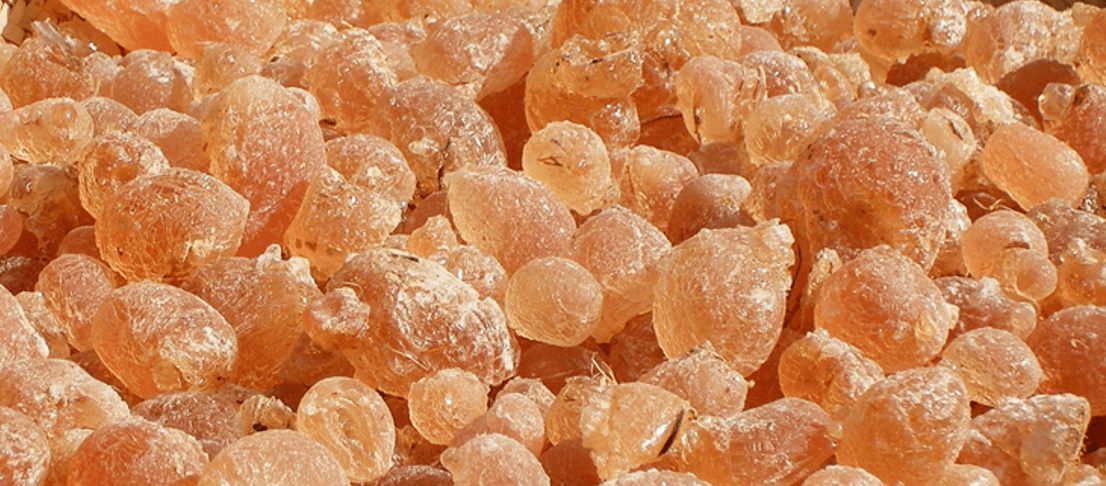Acacia gum (otherwise known as gum arabic or E414) is a 100% natural product extracted through a tapping process from acacia trees, predominantly in the South Sahel in Africa. It is completely allergen- and GMO-free, and is used in thousands of products across a number of different industries such as the food, pharmaceutical and cosmetics industries.
Aside from its standard use as a food hydrocolloid, texture improver and gelling agent, acacia gum has many unexpected and unusual applications both across the continents and across the ages…
The Queen of England’s lipstick
Did you know that acacia gum once featured in the royal lipstick of choice? During the 16th century in Britain, bright red lips were in vogue, and according to historical reports, Queen Elizabeth I was a huge fan! The queen’s favourite lipstick apparently contained a mixture of acacia gum, egg white and fig milk. What’s more, thousands of years beforehand in Ancient Egypt, Cleopatra herself was also reported to have used cosmetics which contained the gum!

Art attack
Nowadays, acacia gum is predominantly used in Asian countries to produce creative and meaningful artwork. For example, in China, Buddhist monks rely on a mixture of gum arabic and chalk to produce traditional paintings on silk called ‘Thangka’, which are used in religious ceremonies in honour of Buddha. In India, the gum is also used in the exact same way to produce Kinnala art, comprised of wooden sculptures. Moreover, thanks to its natural properties, acacia gum is often used as an essential binder in watercolour paints and calligraphy inks.

Monkeying around at the zoo
Funnily enough, acacia gum has also been used to keep bored zoo animals occupied! In Southwick Zoo, England, zookeepers have fashioned toys filled with acacia gum to give to the enclosed monkeys and lemurs to keep them amused during the long visiting hours. According to Lauren Cully, the zoo’s Educational Co-ordinator, “Rewarding activities are important to stimulate these smart animals so that they remain happy and maintain their skills from the wild.”

The elixir of youth: anti-wrinkle cream
Aside from make-up and hair products, acacia gum can even be found in popular cosmetics such as anti-ageing face creams! According to Simon Ford from the organic cosmetics group, Melvita: “Acacia gum provides an instantaneous ‘lifting’ effect and improves the texture of skin, smoothing over wrinkles and leaving the skin soft and supple. Acacia gum even supports natural fibres such as collagen and elastin.”

Hush little baby…
The secret to soothing screaming babies may simply be… acacia gum! According to the popular French blog for new parents, mamanrenardetpapaours.com, a mixture of acacia gum with syrup, orange blossom water and mineral water is the best way to relieve infants suffering from colic and allows parents to enjoy a peaceful night’s sleep!

As you can see, thanks to its versatile nature, acacia gum has a wide range of weird and wonderful applications, making it the perfect 100% natural additive to satisfy all your needs!

